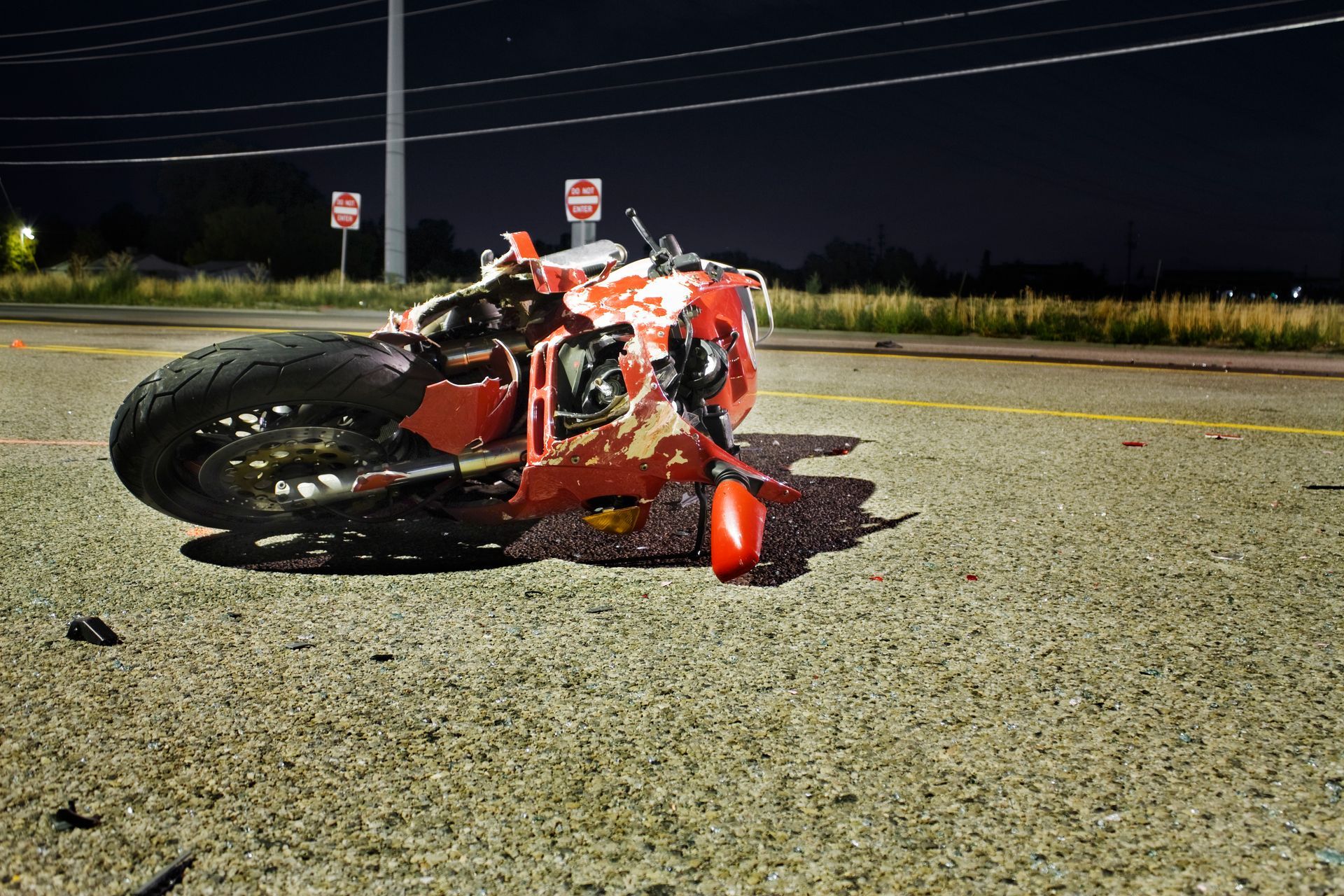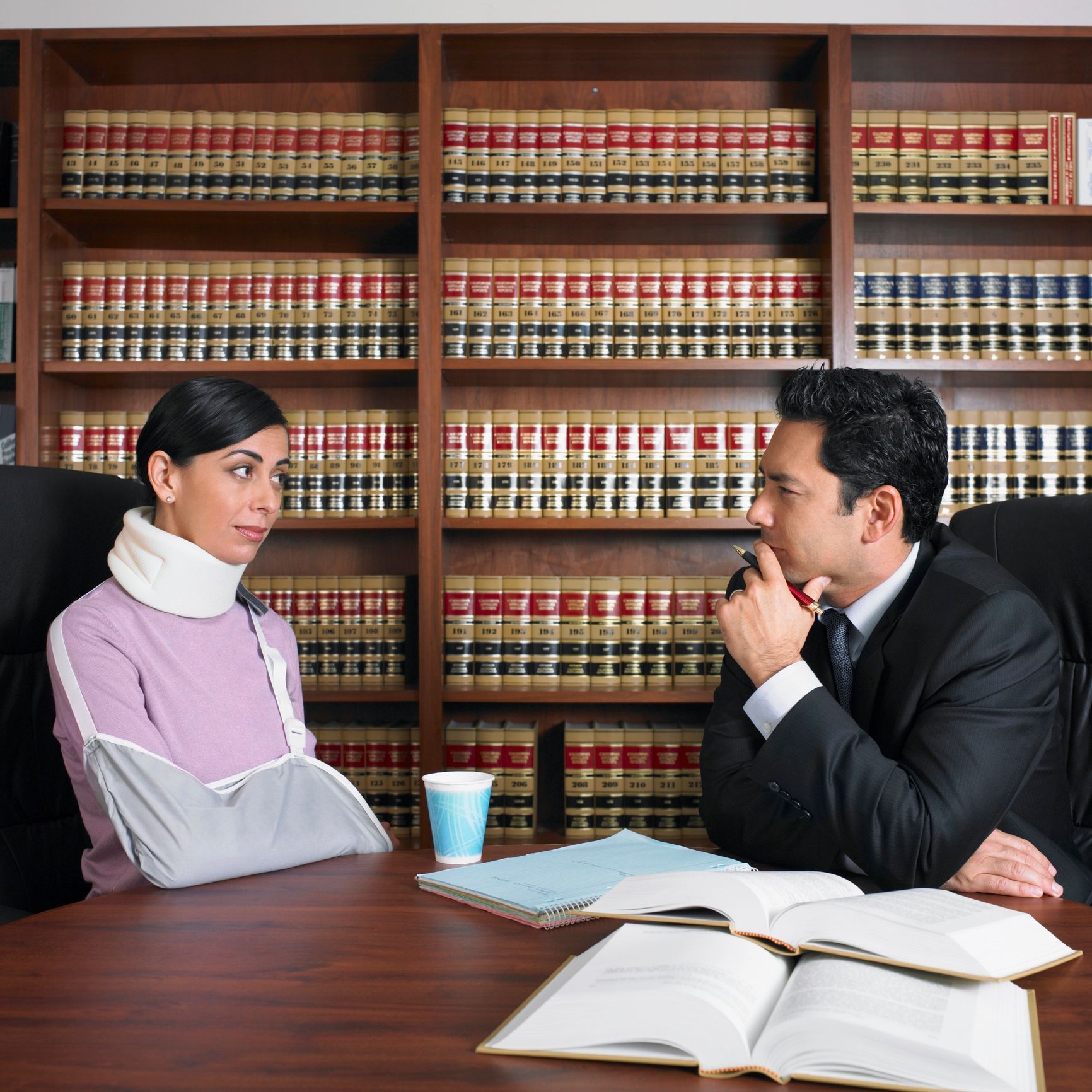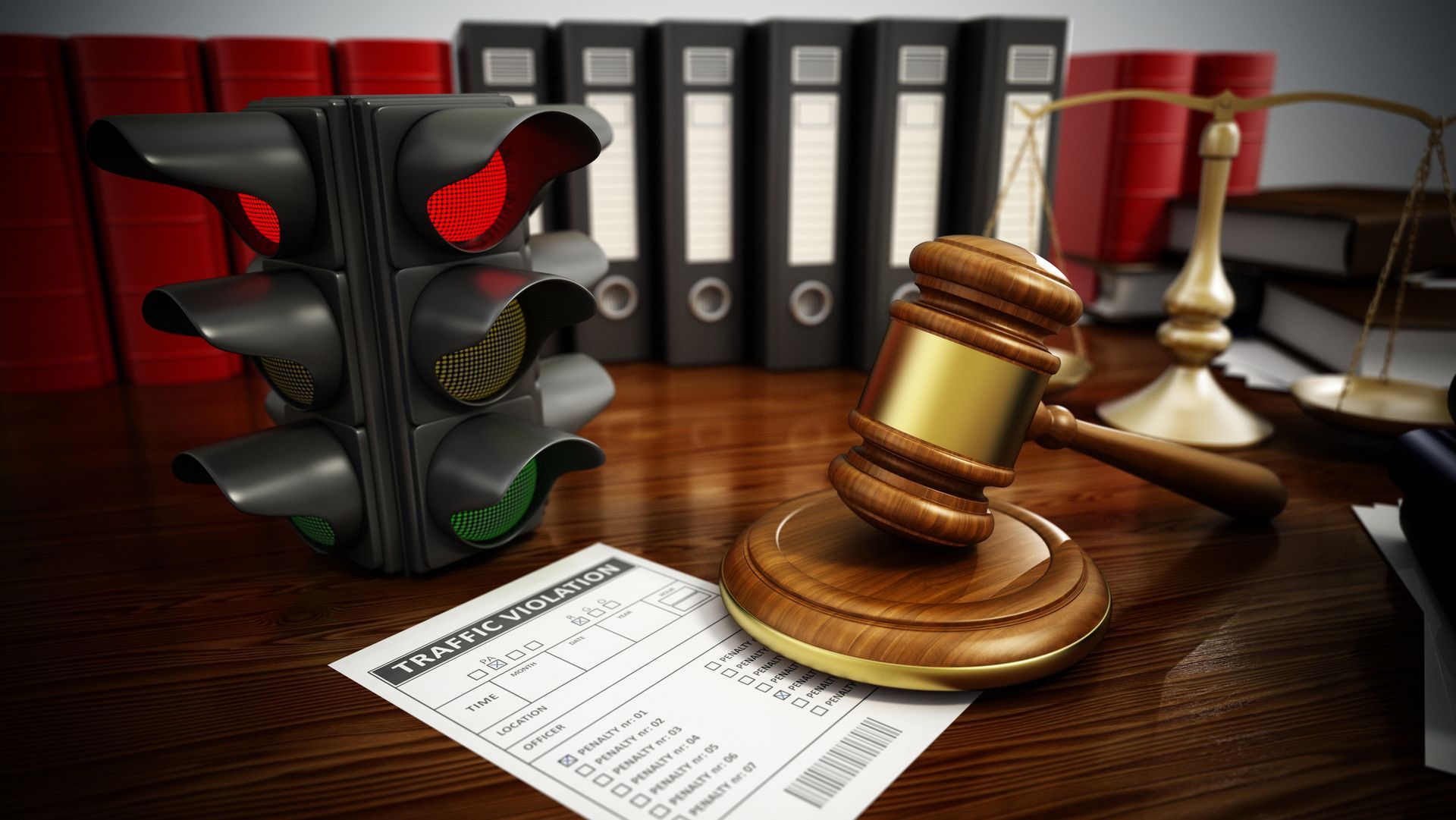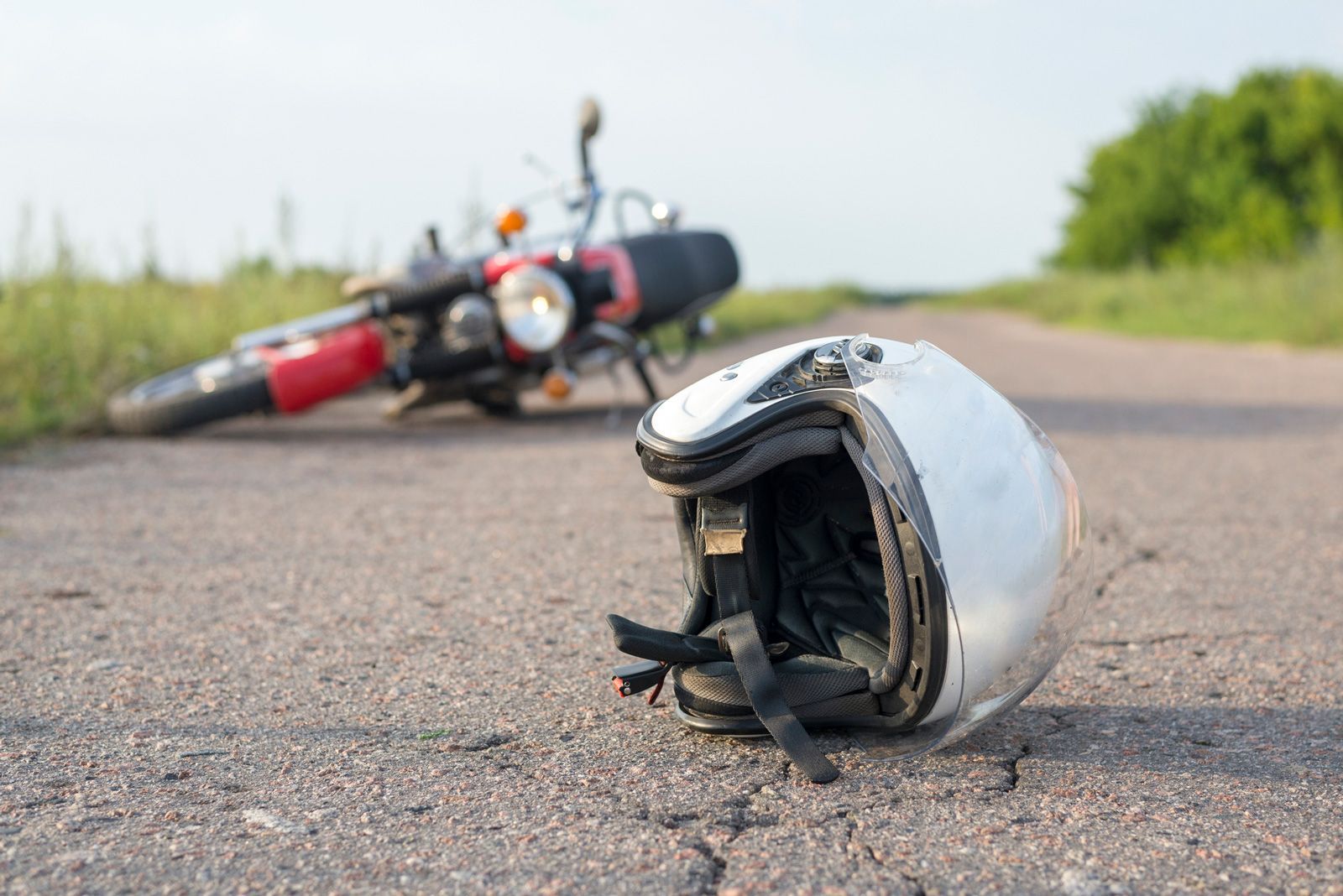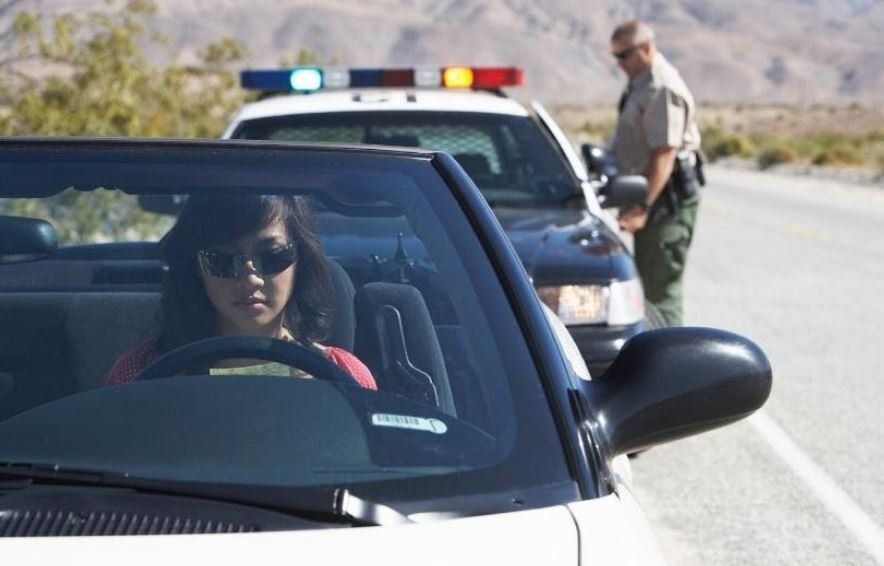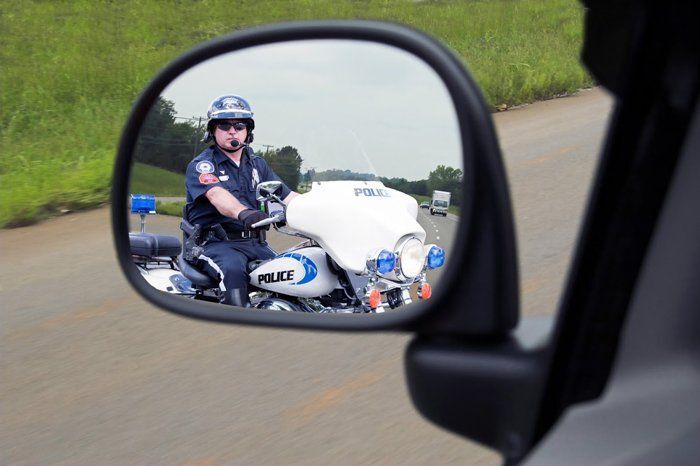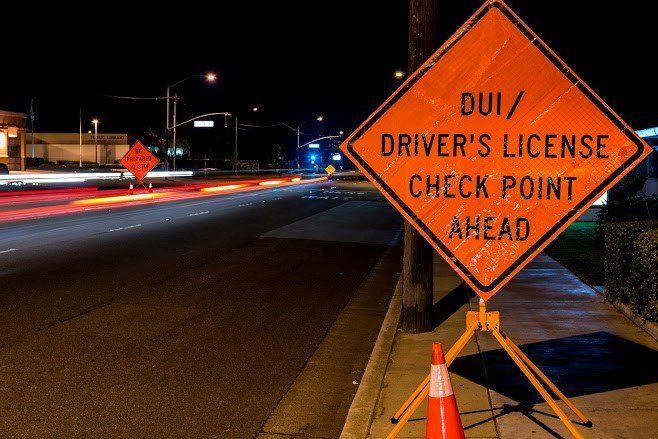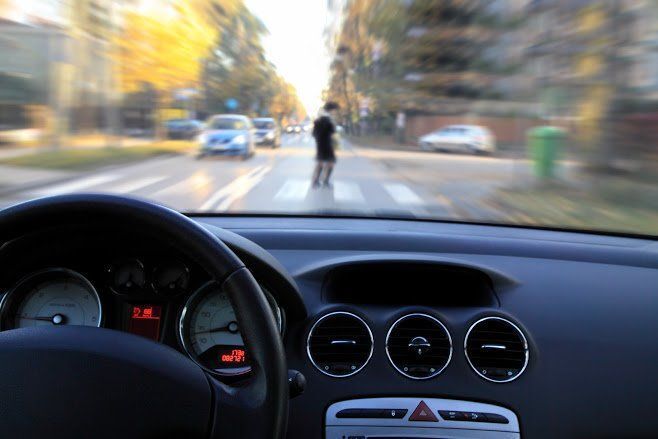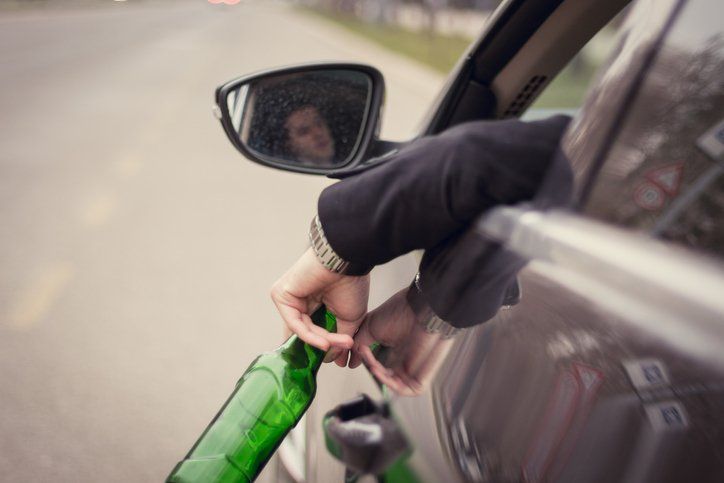
If you think that the only way to get arrested for a DUI is to drive under the influence, you're mistaken. You don't have to be under the influence to fail a field sobriety test. In fact, about one-third of sober people who take a field sobriety test fail. Unfortunately, if you fail the field sobriety test, you will likely be arrested and taken into police custody. From that point, you face a long battle while you try to prove your innocence.
Here are just five of the ways that you can fail a field sobriety test while you're sober.
1. You Have a Medical Condition
If you have a medical condition that interferes with your balance, you may not be able to pass a field sobriety test. That's because field sobriety tests require you to show that you can maintain proper balance.
Unfortunately, medical conditions such as vertigo, inner ear conditions, or even muscle tremors can all cause you to lose your balance. Moreover, vision problems can also lead to a failed field sobriety test, especially if you're required to walk a straight line.
2. You Suffer From Anxiety
If you suffer from anxiety, or you become overly nervous in stressful situations, you may fail a field sobriety test. Intense anxiety or nervousness can cause your body to tense up or become jittery. When that happens, you may not be able to perform the required physical portions of the test.
Not only that, the officer in charge of the tests may misconstrue your jitters as intoxication. Unfortunately, that means that your nervousness or anxiety could result in a DUI arrest.
3. You're Fatigued
If you're fatigued, you may not do as well on a field sobriety test as you'd like to. In fact, fatigue can cause you to fail. Fatigue doesn't mean that you're tired. Fatigue can occur when you've spent too much time in one position, such as when you've been on the road for several hours.
While you've been on the road, your leg muscles have weakened. They may have even tensed up into cramps. Once you try to pass a field sobriety test, you may find that your legs won't work the way you need them to in order to pass the required tests.
4. You Didn't Understand the Instructions
If you're pulled over for a DUI, the officer will give you verbal instructions on how to perform the sobriety tests. If you're pulled over in a high traffic area, you may not be able to hear the instructions properly.
If the excess noise interferes with your ability to hear and understand the instructions, you may not perform the test properly. Not only that, but if the officer explains the instructions in a way that was confusing or vague, you may have problems with the test, which could result in your arrest.
5. You're Significantly Overweight
If you're significantly overweight, field sobriety tests may be difficult for you to perform. This is particularly true with the walk and turn or the one legged stand. These two sobriety tests require complete control of your balance, which is something that obesity can interfere with. Unfortunately, law enforcement can use a loss of balance during the field sobriety test as an indication of intoxication.
You don't have to be under the influence to fail a field sobriety test. If you've been arrested for a DUI, you need to seek legal representation as soon as possible. If you're in the Hillsville, VA area, contact us at Tolbert & Tolbert, LLP. We're here to provide you with the legal representation you need to fight your DUI.

